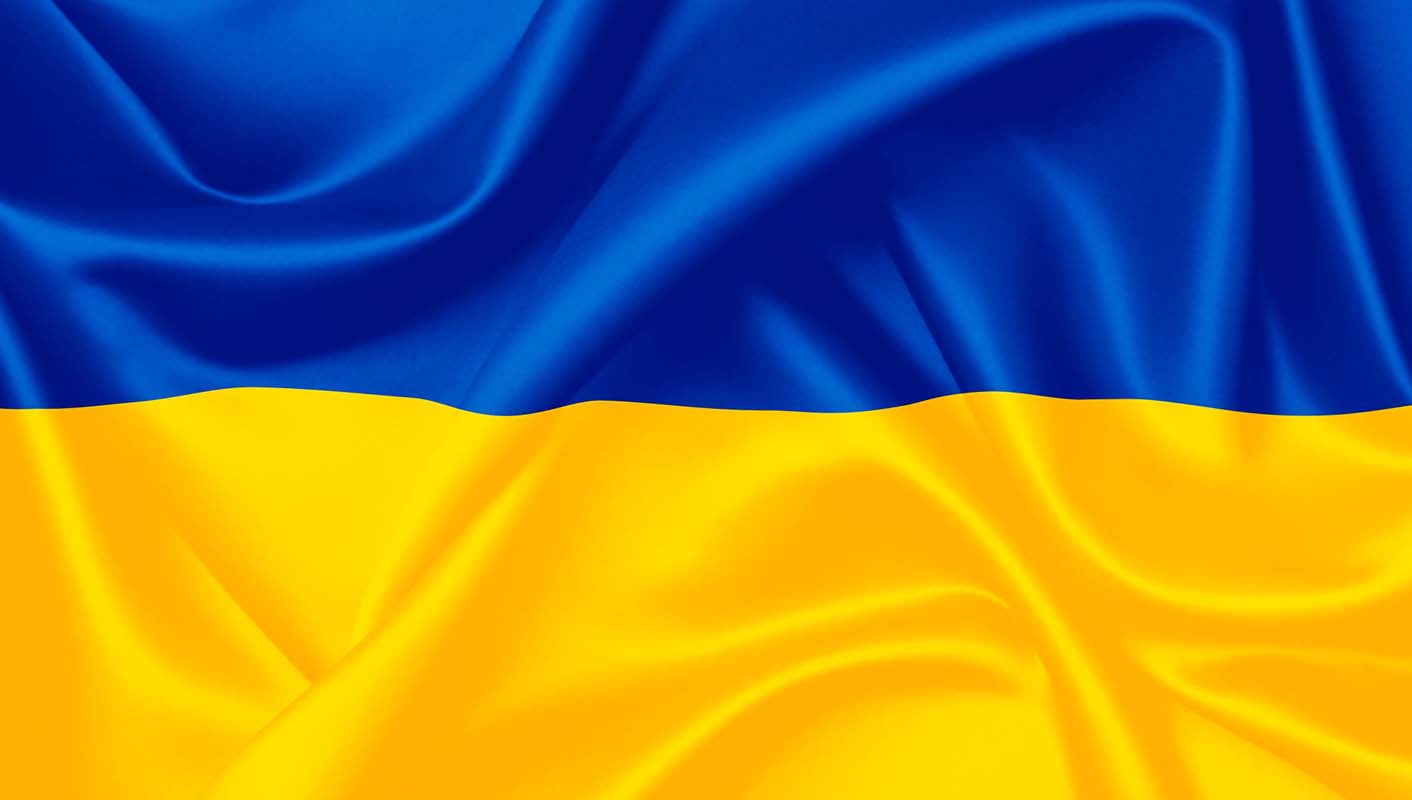
403
Sorry!!
Error! We're sorry, but the page you were looking for doesn't exist.
Pro-peace German MP faces declined entry to Ukraine
(MENAFN) Soren Pellmann, a prominent member of Germany's Left Party in the Bundestag, faced a surprising and controversial ordeal during a recent attempt to visit Ukraine, where he was detained by Ukrainian border police and subsequently deported without clear justification. The incident occurred as Pellmann embarked on a fact-finding mission to Kiev, intending to assess the current situation firsthand.
Despite efforts reportedly made by the German embassy in Kiev to intervene on his behalf, Pellmann was stopped at the Lviv train station, where he and his two assistants were taken off the train and detained for approximately two hours. Ukrainian authorities then decided to send them back to Poland, the Left Party disclosed on Tuesday.
Expressing dismay and frustration over his abrupt expulsion, Pellmann took to social media to condemn the decision, suggesting that his advocacy for an immediate ceasefire, peaceful resolution, and cessation of arms exports might have contributed to the Ukrainian authorities' actions. In a statement posted on X (formerly Twitter), the 47-year-old Leipzig native criticized what he described as a curtailment of fundamental rights like freedom of expression, particularly concerning for a country aspiring to European Union membership.
Pellmann also highlighted the broader implications of his deportation, implying that his critical stance on certain Ukrainian policies may have resulted in his inclusion on a list barring entry for public figures with similar viewpoints. He underscored the importance of transparency in such matters, emphasizing his intention to witness and understand the situation in Ukraine firsthand, which he believes was unjustly prevented.
The Left Party's assertion that Ukrainian authorities provided no explicit rationale for Pellmann's expulsion adds to the controversy surrounding the incident. The lack of clarity has sparked concerns about the treatment of foreign officials and observers critical of Ukrainian policies, potentially complicating diplomatic relations with European Union member states.
This development underscores ongoing tensions and challenges in Ukraine, where geopolitical dynamics and differing viewpoints on conflict resolution continue to shape international interactions and perceptions.
Despite efforts reportedly made by the German embassy in Kiev to intervene on his behalf, Pellmann was stopped at the Lviv train station, where he and his two assistants were taken off the train and detained for approximately two hours. Ukrainian authorities then decided to send them back to Poland, the Left Party disclosed on Tuesday.
Expressing dismay and frustration over his abrupt expulsion, Pellmann took to social media to condemn the decision, suggesting that his advocacy for an immediate ceasefire, peaceful resolution, and cessation of arms exports might have contributed to the Ukrainian authorities' actions. In a statement posted on X (formerly Twitter), the 47-year-old Leipzig native criticized what he described as a curtailment of fundamental rights like freedom of expression, particularly concerning for a country aspiring to European Union membership.
Pellmann also highlighted the broader implications of his deportation, implying that his critical stance on certain Ukrainian policies may have resulted in his inclusion on a list barring entry for public figures with similar viewpoints. He underscored the importance of transparency in such matters, emphasizing his intention to witness and understand the situation in Ukraine firsthand, which he believes was unjustly prevented.
The Left Party's assertion that Ukrainian authorities provided no explicit rationale for Pellmann's expulsion adds to the controversy surrounding the incident. The lack of clarity has sparked concerns about the treatment of foreign officials and observers critical of Ukrainian policies, potentially complicating diplomatic relations with European Union member states.
This development underscores ongoing tensions and challenges in Ukraine, where geopolitical dynamics and differing viewpoints on conflict resolution continue to shape international interactions and perceptions.

Legal Disclaimer:
MENAFN provides the
information “as is” without warranty of any kind. We do not accept
any responsibility or liability for the accuracy, content, images,
videos, licenses, completeness, legality, or reliability of the information
contained in this article. If you have any complaints or copyright
issues related to this article, kindly contact the provider above.

















Comments
No comment